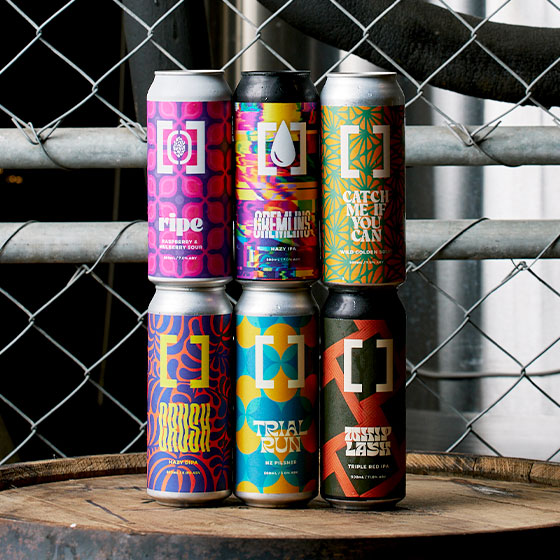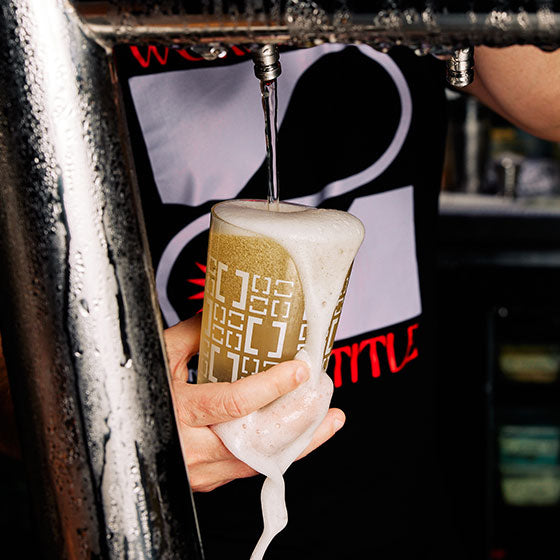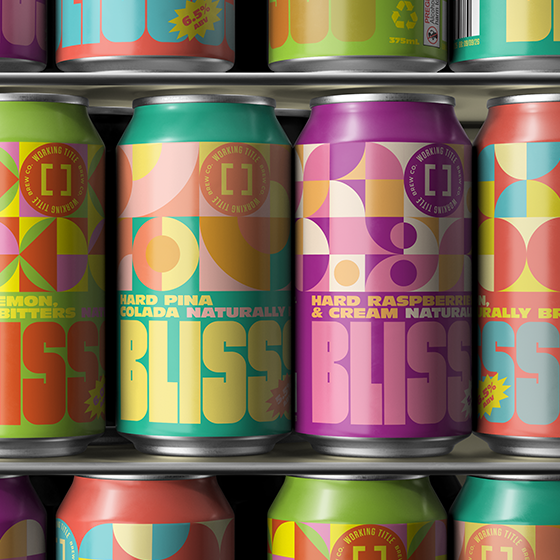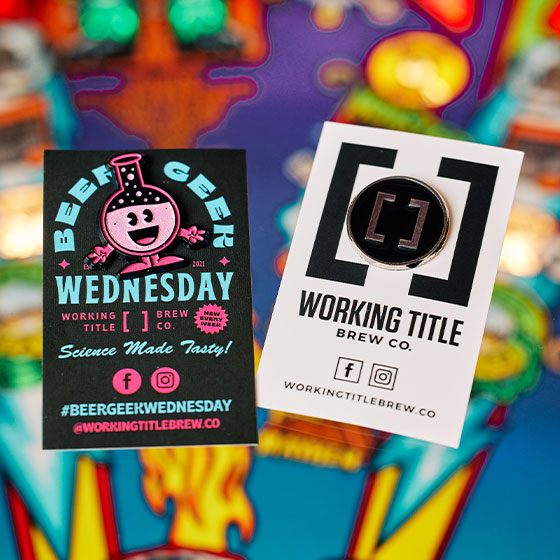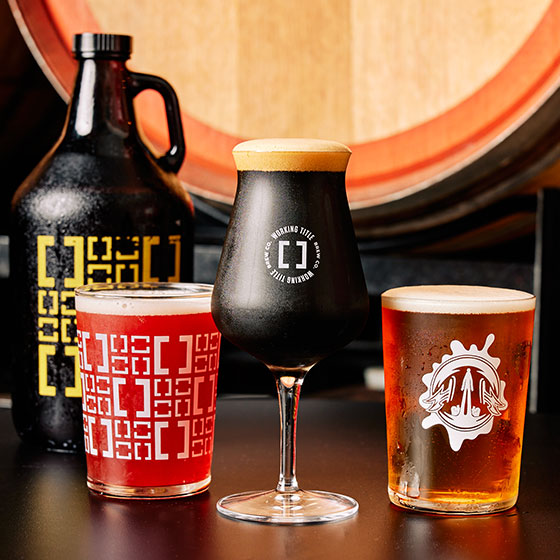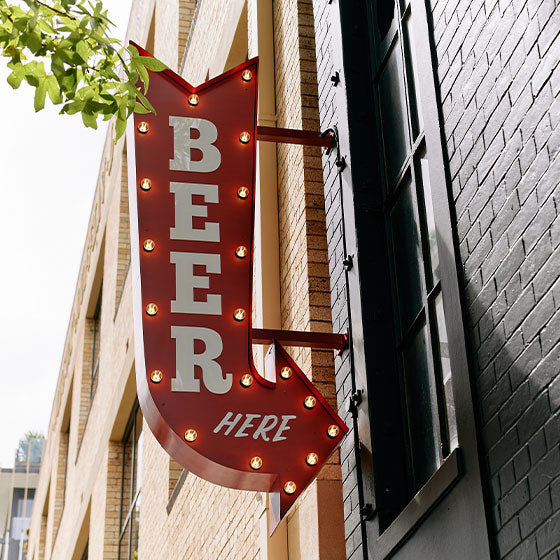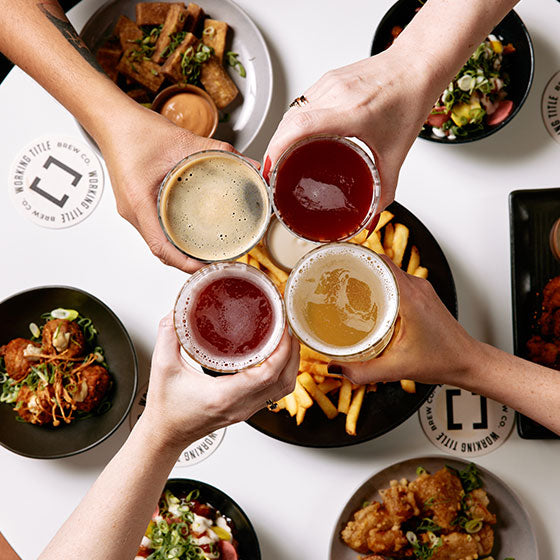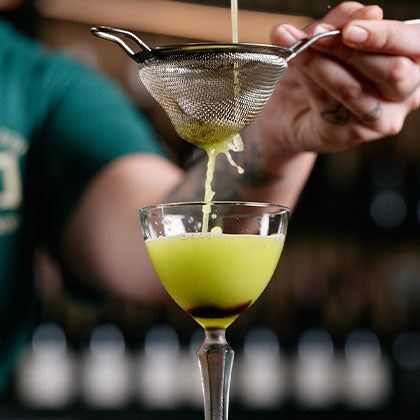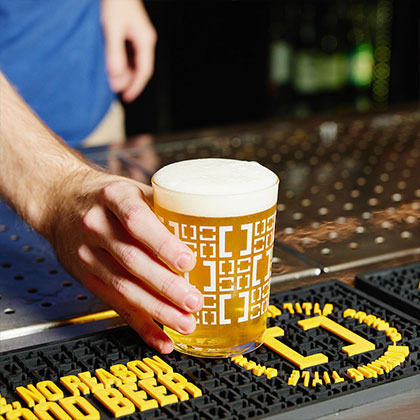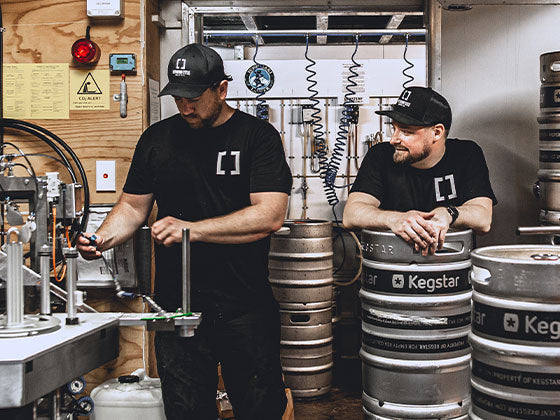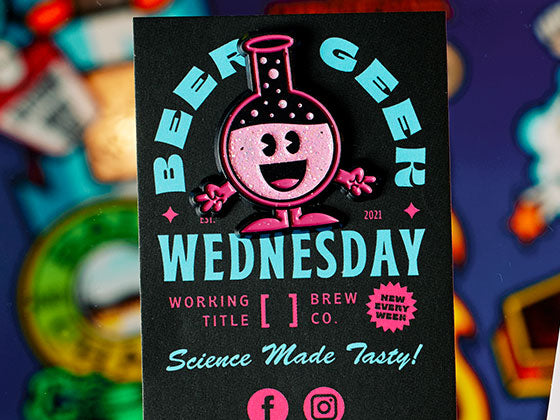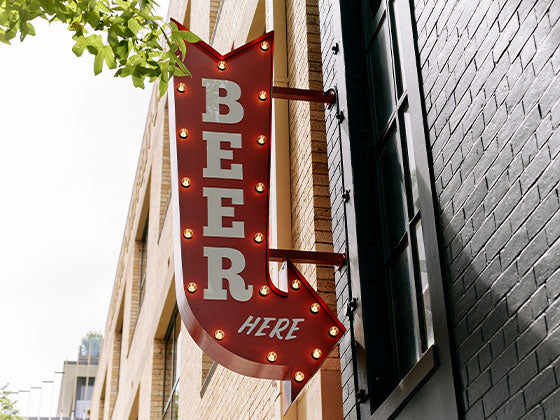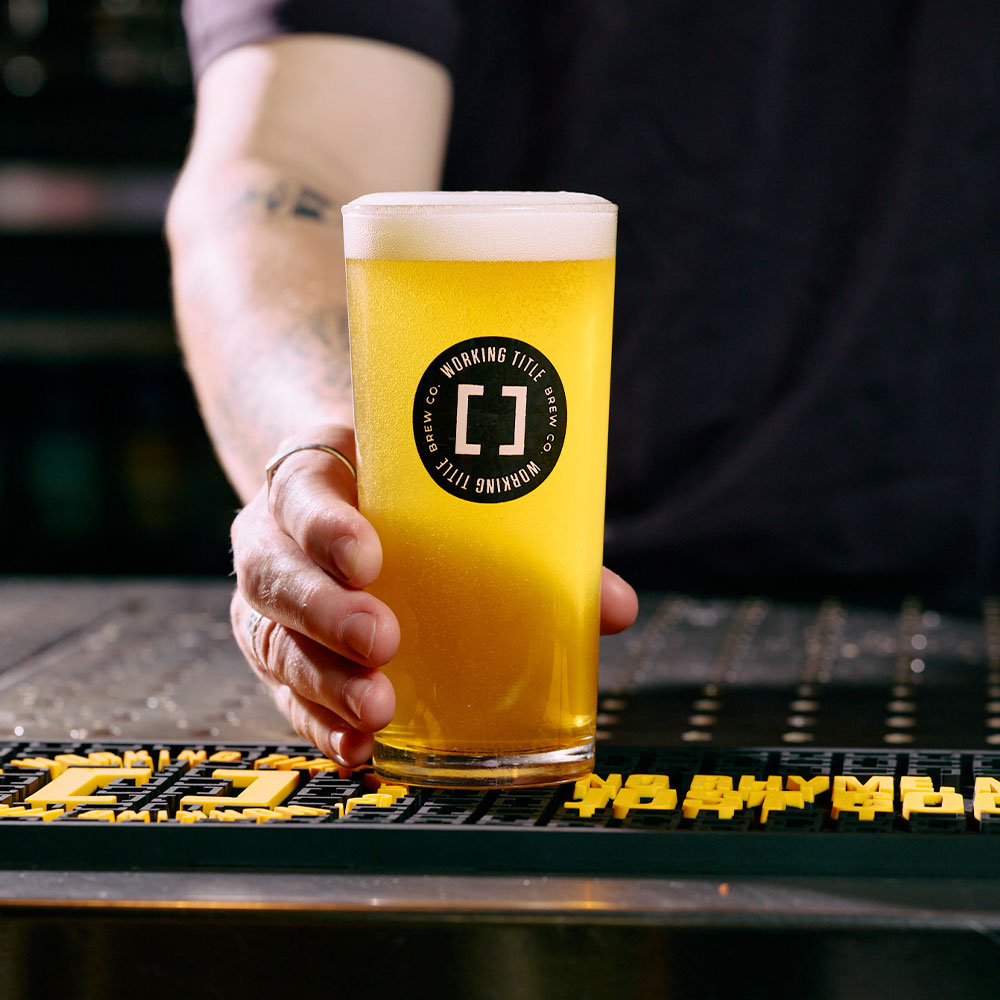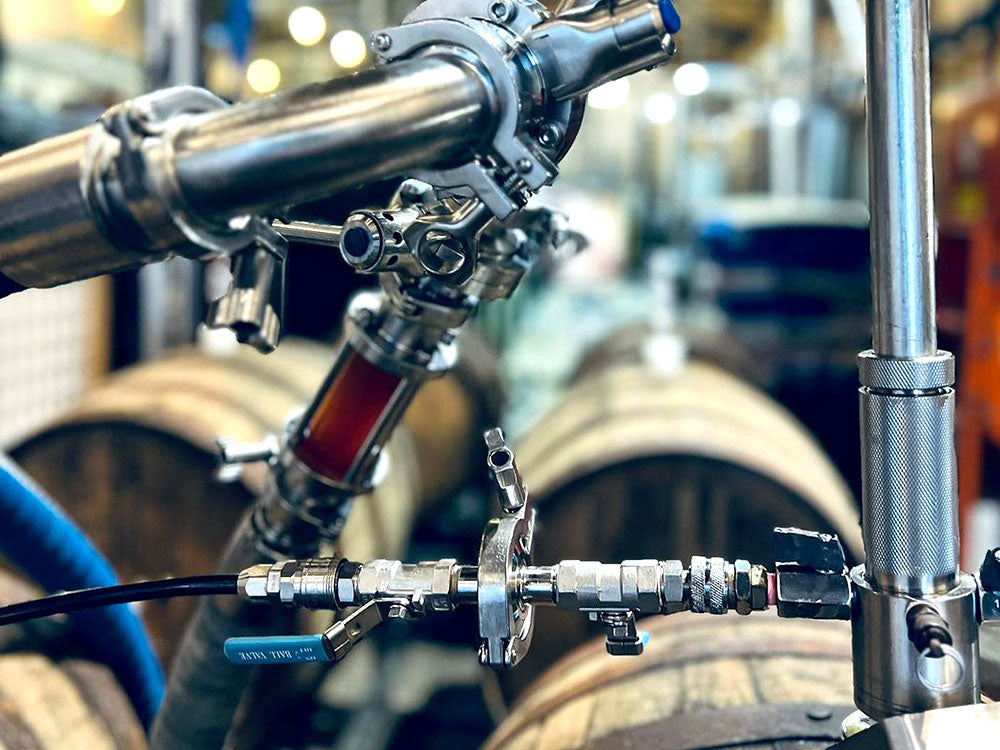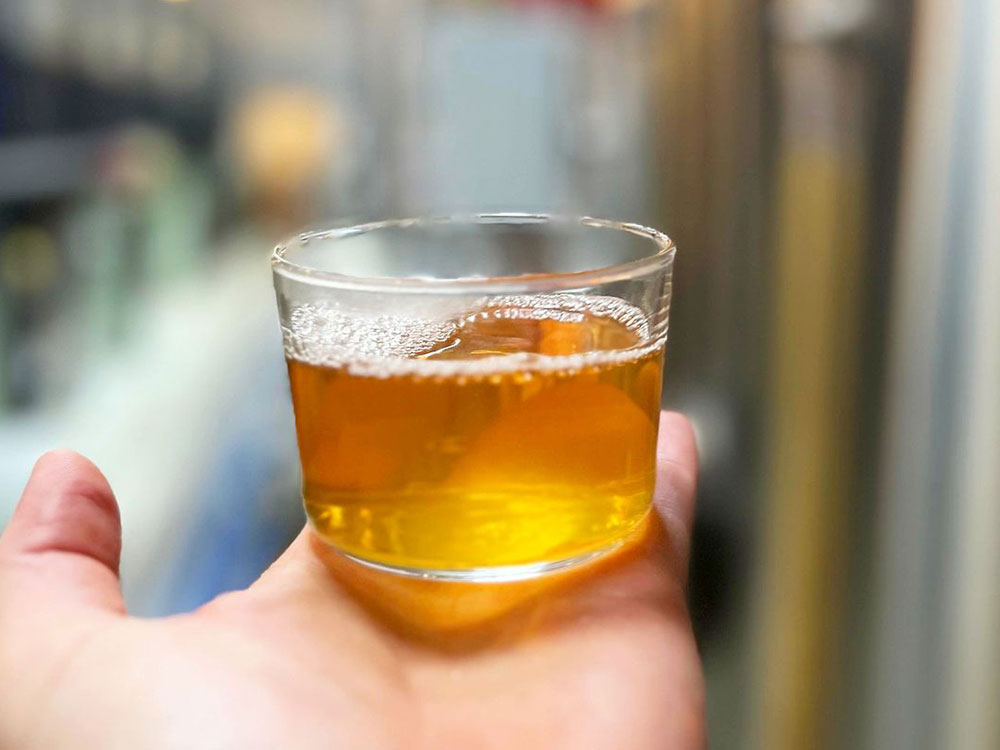It’s been a cold-conditioned age since the last BGW. And while I have taken immense joy in watching Luke spiral into the weekly doldrums of social media laceration, I’ve been reluctantly coaxed from my precious cavern in the Misty Mountains.
Last time we caught up, it was all about thiols. These incredibly intense, aromatic compounds found in malt, hops and grapes, that give flavours like blackcurrant, guava and passionfruit. And while some hops are loaded in the peptidic precursors to these compounds it requires yeast biotransformation to unlock their Super Saiyan form.
Yeast modifications have, therefore, been the target to super juiceify modern beer. These modifications fall into three broad categories; mixed culture, hybridisation and genetic modification.
Natural mixed culture takes the simplest route with the hardest to control output. By using some wild yeast, like Pichia that are super thiol producers, co-fermented with a brewing yeast that will complete fermentation, the feeling is that the best of both worlds will be realised.
Forced hybridisation involves putting co-operative yeast sub-species in a dark room with Barry White playing, and seeing what happens. Say no more, say no more. Force enough hybridisations and you’ll eventually get the mudblood prophesied to bring juice prosperity to the whole world.
Genetically engineered yeast or GMOs are intentional (and illegal in Australia) modifications to a yeast’s genetic code. Somehow this very specific, tailored and intensively studied avenue to change the aromatic potential of brewing yeast is deemed less safe than rando yeast orgies between different sub-species resulting in the unknown transfer of millions of bits of genetic code. No prizes for guessing my stance on GMOs. To produce super thiolophilic yeasts, targets such as beta-Lyase, acetyl transferase, peptide transporters and Nitrogen metabolic repression are the genetic targets. And these things all boost the yeasts capacity to produce free thiols from malt, hops and grapes.
Yeast genetics and metabolism is an endless topic of interest and insight into becoming better brewers. With constant advancement in microtechnology we have greater access to techniques and tools to super thiolise our IPAs. All just so you guys can have a better smell 🙄.

